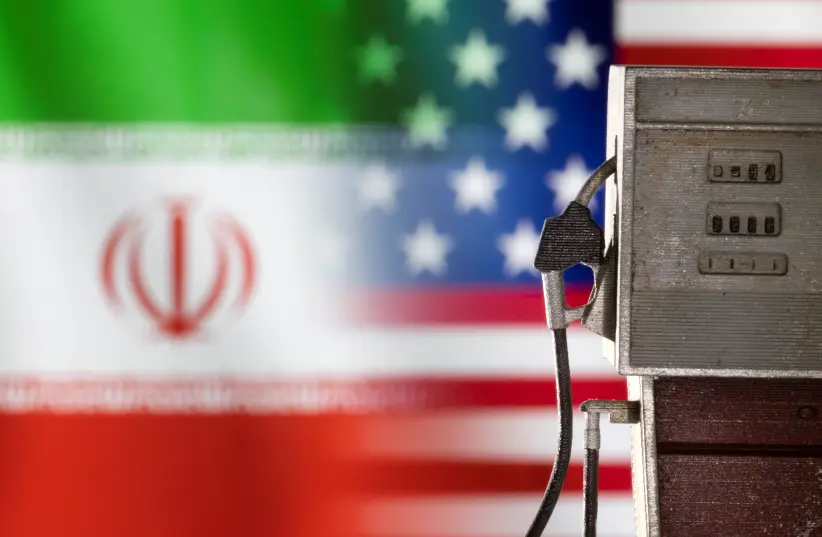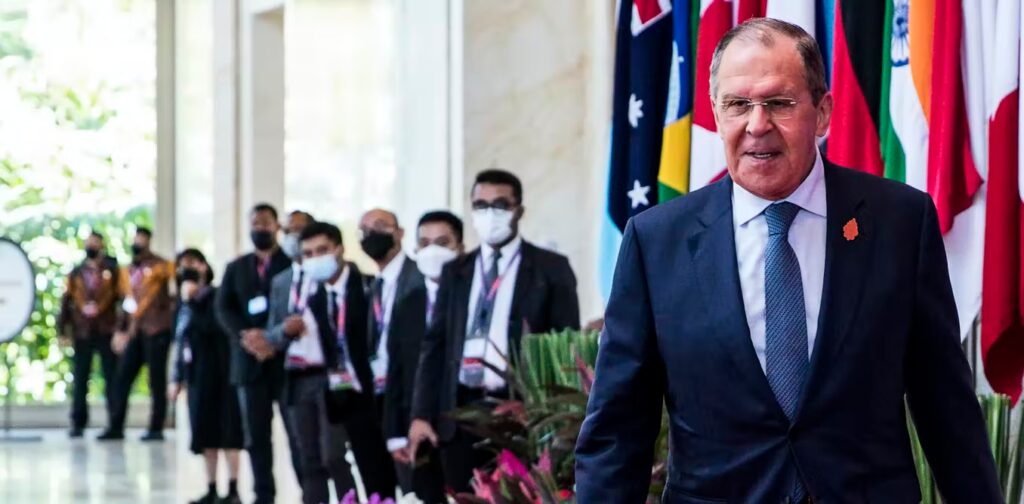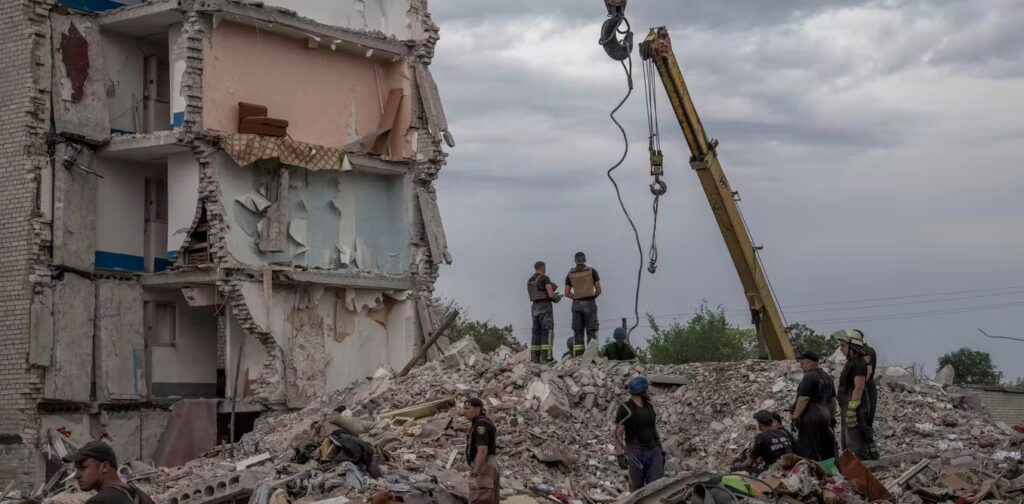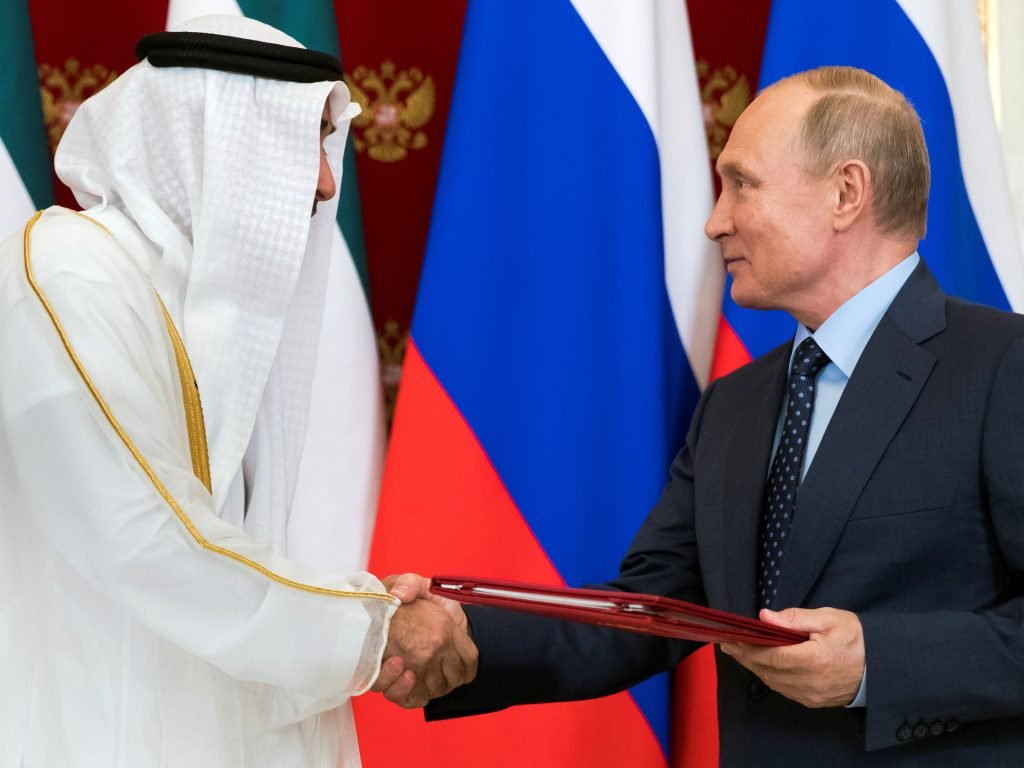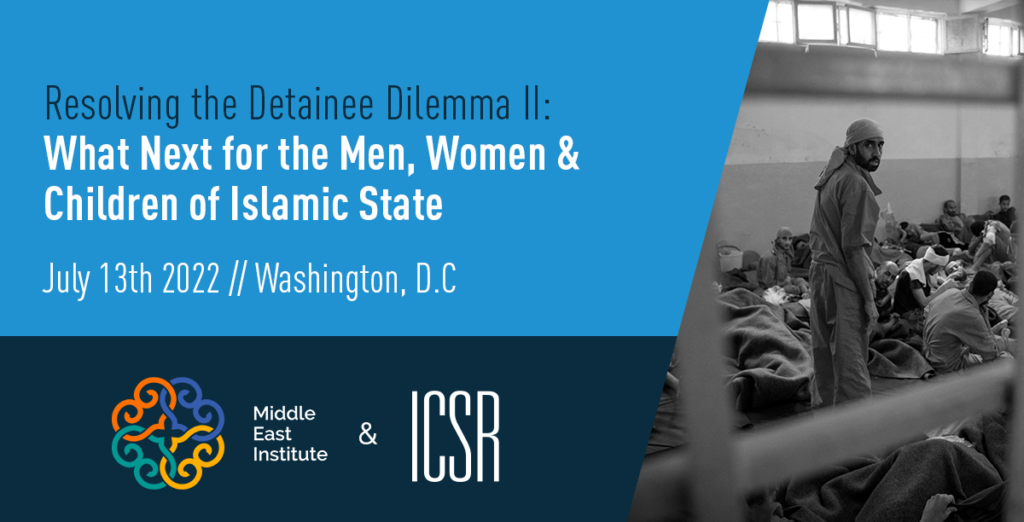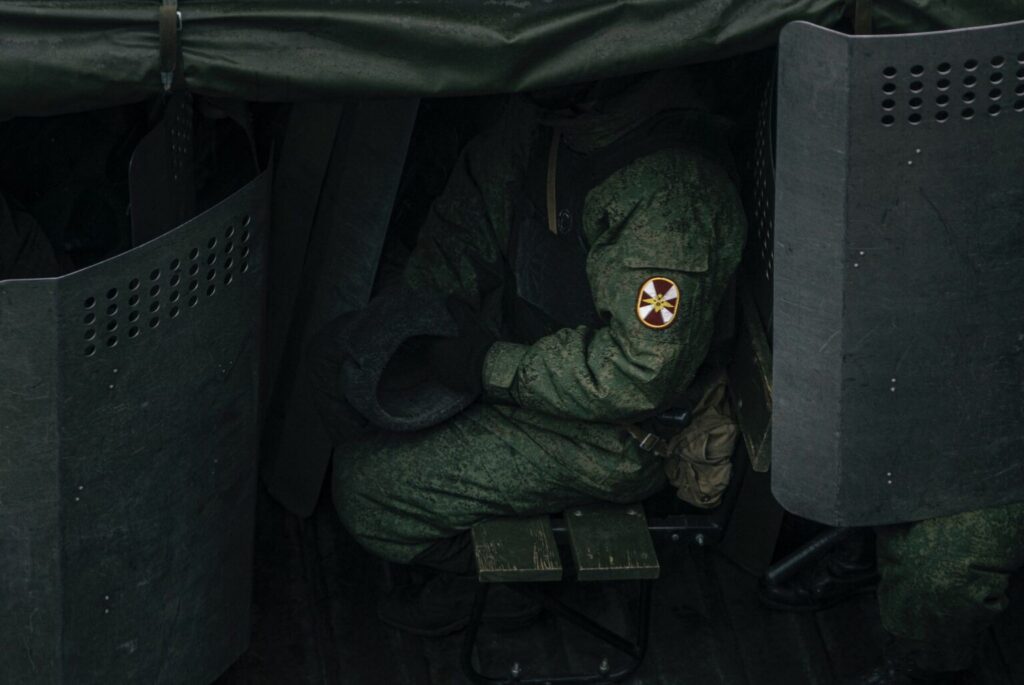Kremlin hopes Biden will not seek to turn Saudi Arabia against Russia
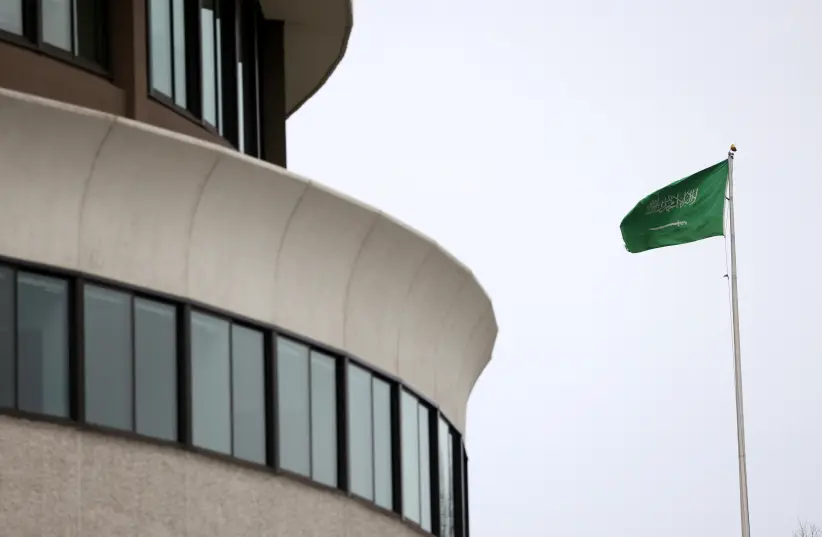
Kremlin spokesman Dmitry Peskov also said that Russia highly valued cooperation with Saudi Arabia within the framework of OPEC+ group of world’s leading oil producers.
The Kremlin said on Wednesday that it hoped President Joe Biden’s visit to Saudi Arabia would not be used to try to foster anti-Russian relations, just as the United States seeks to convince Riyadh to boost oil production amid soaring prices.

